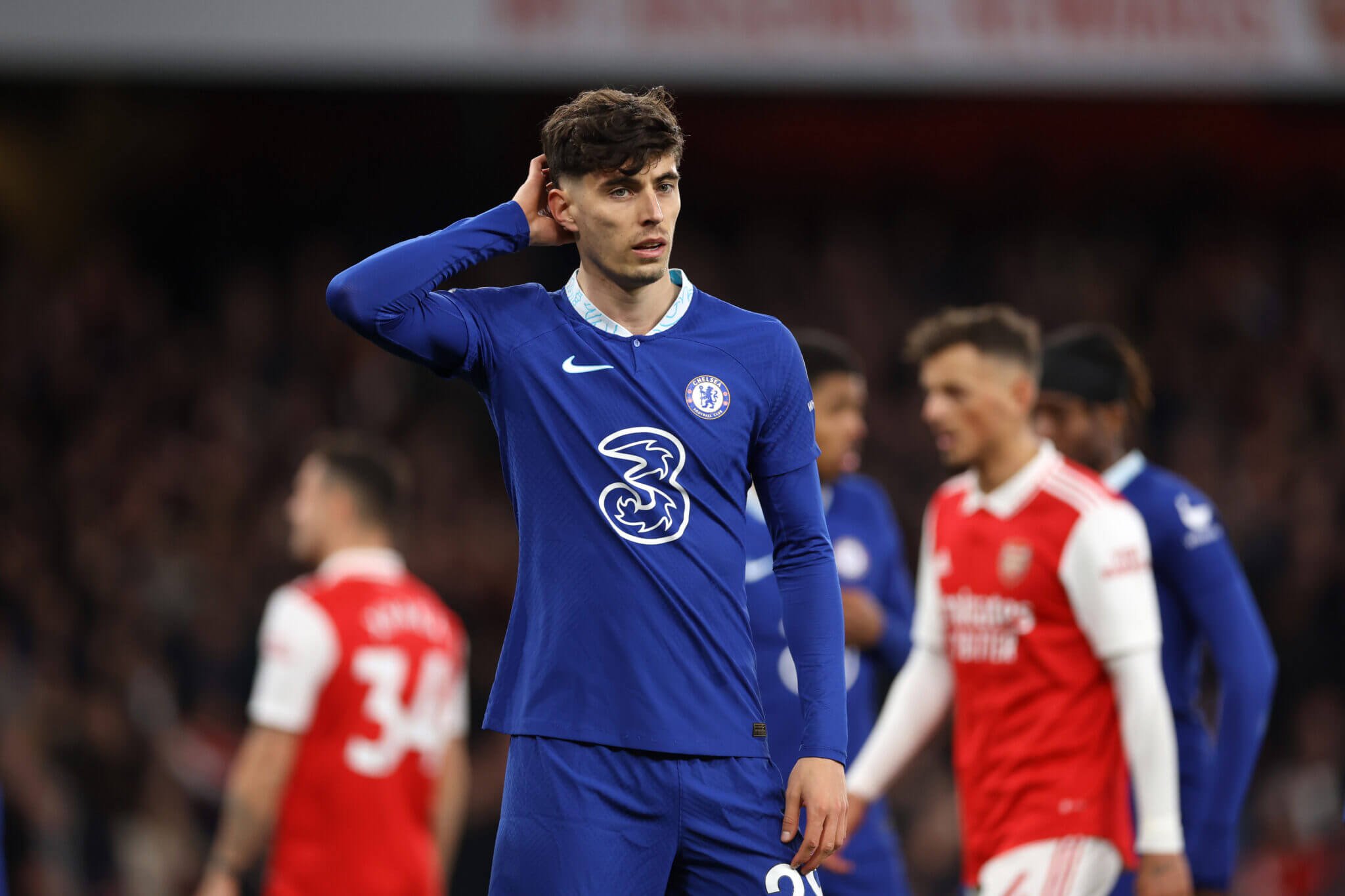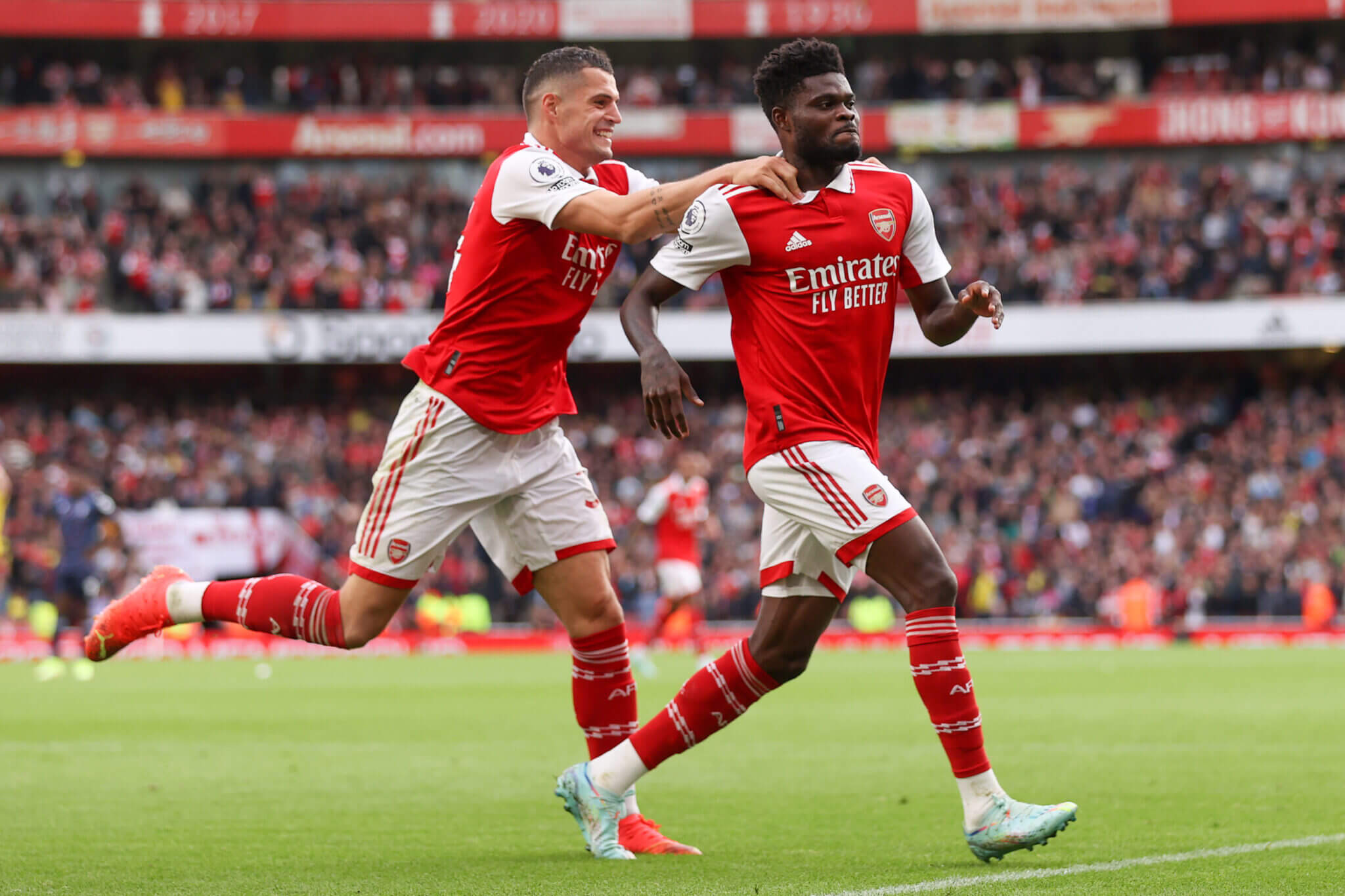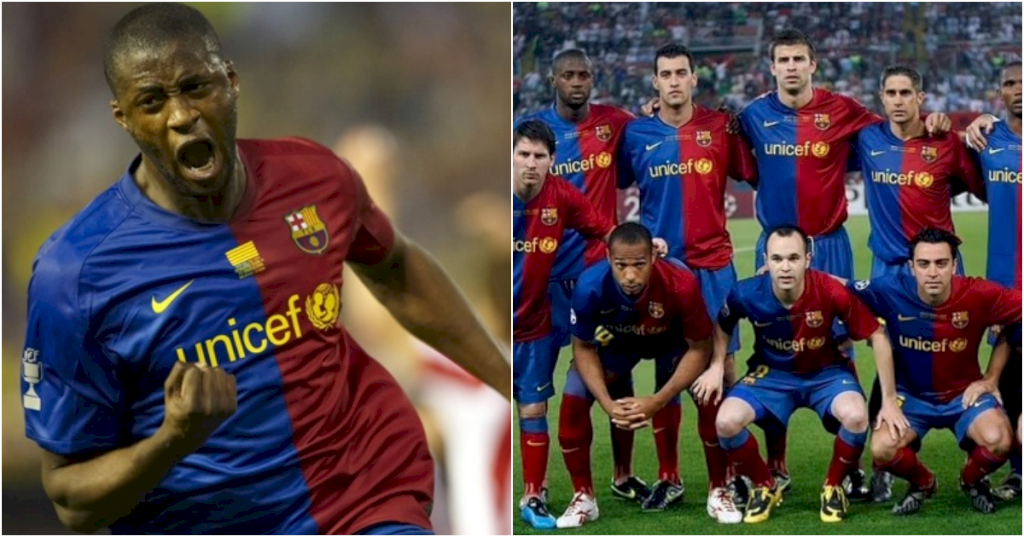Arsenal is actively pursuing several targets, and if everything goes according to plan, it could be a bold summer shopping spree with players like Declan Rice, Kai Havertz, and Jurrien Timber. However, Arsenal has faced rejections for their bids for midfielder Declan Rice from West Ham on two occasions. The second offer was worth £90 million, and they are prepared to make a higher bid. Arsenal has also reportedly reached a preliminary agreement with Kai Havertz from Chelsea for around £65 million and is negotiating with Ajax for defender Jurrien Timber with an offer worth approximately £30 million.
Arsenal has been one of the most active Premier League clubs in the transfer market, demonstrating their relentless ambition. In the summer of 2021, they spent £145 million to acquire Ben White, Martin Odegaard, and Aaron Ramsdale. The previous season, they spent £165 million to strengthen the team with signings like Gabriel Jesus and Oleksandr Zinchenko.

Under the ownership of Stan Kroenke, Arsenal's era of cautious spending seems to be over. Each summer now sets a new spending record. Since the summer of 2020, over £300 million has been spent by Arsenal to overcome the impact of the Covid-19 pandemic, without significant revenue to balance the books. It appears that nothing has changed in the summer of 2023, but it begs the question: How long can Arsenal sustain this level of spending?
The interpretation of Financial Fair Play (FFP) regulations seems to differ among clubs in the Premier League. Chelsea, for example, had to limit their spending in the previous season and faced pressure to reduce their squad size. On the other hand, clubs like Manchester United and Newcastle accept calculated spending due to their financial limitations. Everton, for instance, has had limited activity in the transfer market.

However, Arsenal, despite reporting pre-tax losses of £226 million over the past three years, continues to spend. While the Premier League and UEFA will monitor the situation, Arsenal maintains a "carefree" approach. In the summer of 2022, manager Mikel Arteta emphasized Arsenal's compliance with FFP, stating, "The club is always very disciplined and has a very clear vision of how we want to do everything."
The trio of Timber, Rice, and Havertz could cost Arsenal around £200 million. The team's future successes under Arteta only encourage Arsenal further. They will be participating in the Champions League for the first time since the 2016/17 season, which is expected to generate record-breaking revenues. While the spending in the summers of 2021 and 2022 may pose risks during seasons with reduced income, Arsenal is currently on a much more solid foundation. Arsenal knows what lies ahead.
Kieran Maguire, a finance lecturer at the University of Liverpool, believes that Arsenal has little to worry about regarding FFP. He states, "I don't see many reasons for Arsenal to be concerned about FFP. They have spent a lot of money in recent years but have also seen a significant increase in revenue."

Finishing as runners-up in the previous season brings additional prize money from the Premier League. Advancing to the knockout stages of the Europa League also means additional millions for each victory. Arsenal also receives kit sponsorship and stadium revenue for participating in the Champions League. The minimum for this alone is £30 million.
Arsenal must adhere to the FFP regulations of both the Premier League and UEFA, which are designed to promote sustainability and sound financial management. Non-compliance carries consequences that go beyond mere sanctions. However, the Premier League regulations do not seem to be a pressing concern for Arsenal.
Clubs are allowed to incur losses of up to £105 million over a monitoring period of three years, but there are various caveats in the regulations. It is crucial for Arsenal to keep their accounts balanced and demonstrate that the club can generate income from other sources, such as player sales, commercial activities, and matchday revenues, to maintain compliance.
In conclusion, Arsenal's summer transfer plans involve significant spending, targeting players like Declan Rice, Kai Havertz, and Jurrien Timber. Despite recent losses and previous financial challenges, the club seems confident in their ability to navigate FFP regulations. The club's financial position, boosted by participation in the Champions League and increased revenue streams, supports their ambitious approach to player acquisitions. However, prudent financial management and sustainable revenue generation will remain essential for Arsenal to comply with FFP regulations in the long run.



